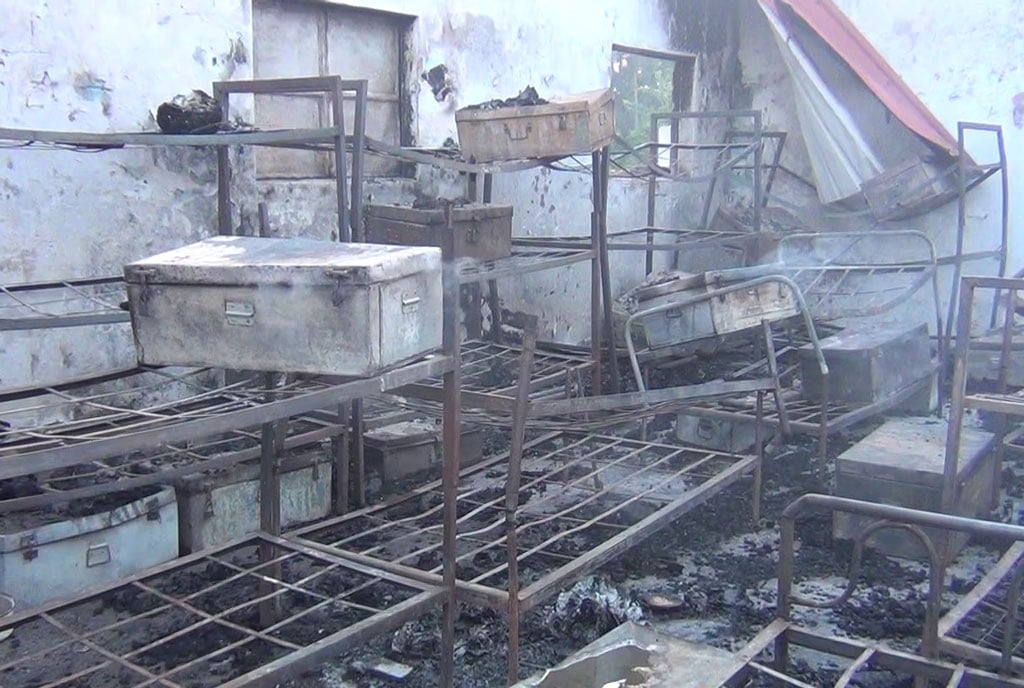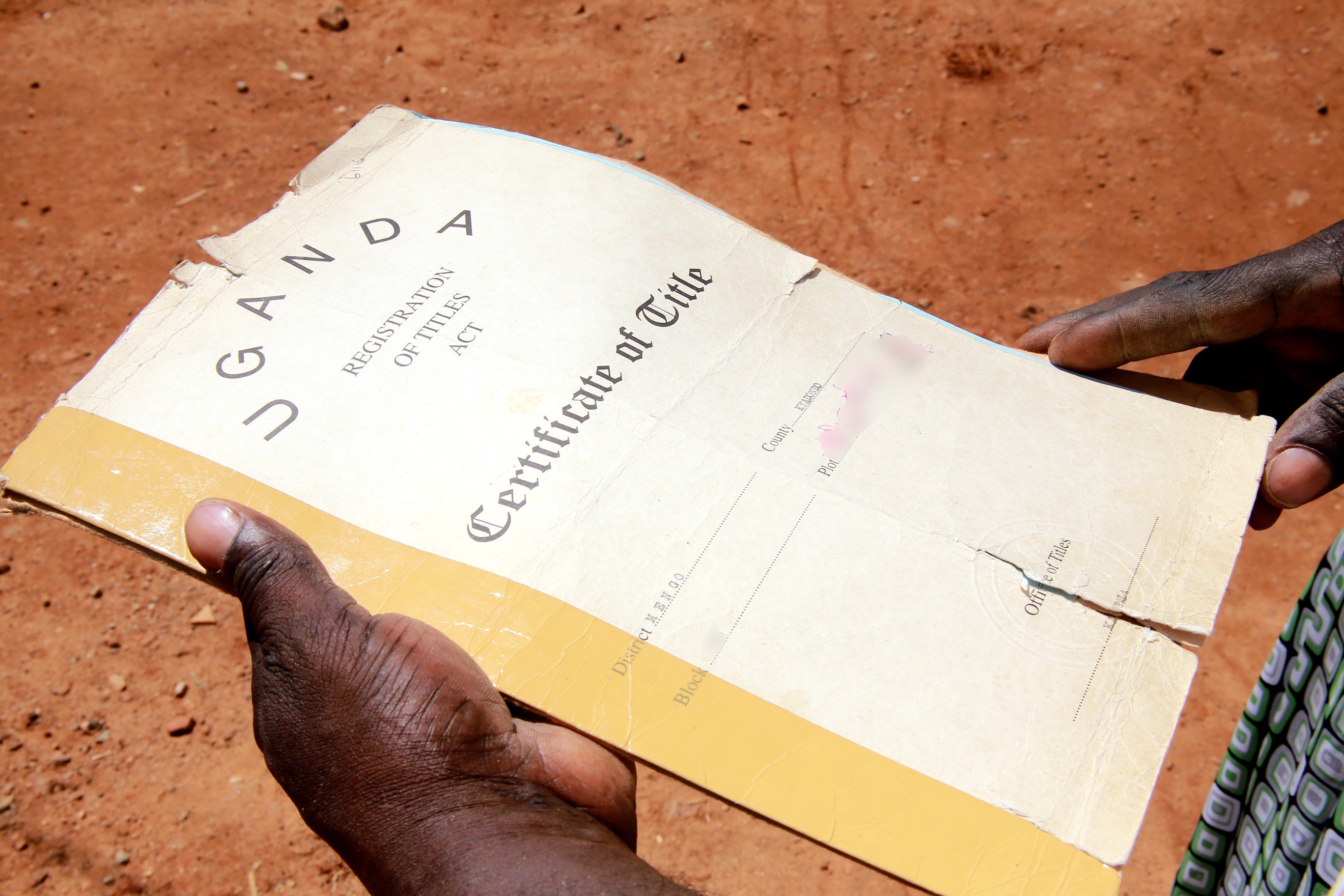Let us fight cancer in Africa

Cancer should never be a death sentence because of where you live. Yet, in Ethiopia, a country with only one cancer centre for 100 million inhabitants, the disease is almost always deadly, leading to more stigma around cancer than HIV/Aids.
Each year, about 750,000 sub-Saharan Africans develop cancer and more than half a million die from the disease. The number of new cancer cases is predicted to swell to more than a million every year within the next five years in the region.
Due to limited availability of screening, laboratories, pathologists, and oncologists, cancers diagnosed in Africa have a much higher mortality rate than in other parts of the world. Without diagnostics, clinicians are unable to effectively screen for cancer, diagnose the disease and develop care plans.
This results in the majority of cancer patients not being diagnosed until they reach an advanced stage that is not curable, making palliative care, when it even exists, the only option. Sub-Saharan African countries simply lack the personnel, training, resources, and infrastructure to respond to the cancer challenge.
At the end of 2017, our three organisations (American Society for Clinical Pathology (ASCP) American Cancer Society (ACS) and Novartis) joined forces to strengthen the capacity of frontline health providers, complementing work already happening on the ground to improve access to cancer diagnosis and treatment in Ethiopia, Rwanda, Tanzania, Uganda, and Malawi.
ASCP is building capacity for immunohistochemistry analysis in seven hospital laboratories, and ACS is providing training in the handling of biopsy samples and in administering chemotherapy. Funding from Novartis is supporting this work to help build the infrastructure needed to improve treatment outcomes in these countries. Together, ACS and ASCP trained more than 80 healthcare workers in diagnostics laboratories and facilities administering chemotherapy care in 2018.
This is one of several positive examples of organisations coming together across sectors to solve a grand challenge in global public health. We can also build on highly successful efforts to combat infectious diseases, such as HIV, that have delivered winning models for bringing early screening and treatment services to people in hard-to-reach locations. We can and should do the same for cancer.
People with cancer in Africa are voiceless and dying silently. The disease contributes to massive human suffering, which goes largely unreported. The Ebola epidemic that took 11,000 lives was in the news for weeks while cancer, by comparison, kills nearly 500,000 Africans each year, and is ignored in the media.
The global health community needs to come together and speak out for cancer patients. Let’s join forces so cancer is no longer a death sentence in Africa.
Meg O’Brien, Danny A. Milner
and Harald Nusser.
United States
**********************************
World Cancer Day is marked on every February 4 to increase awareness of cancer and to encourage its prevention, early detection and treatment. Every year, the day is marked with a different theme and the theme for 2019 is: ‘I am and I will’. The estimated number of deaths due to cancer in 2018 was 9.5 million, which means 26,000 deaths a day.
This number is expected to increase as environmental stress rises, air quality as well as lifestyle and eating habits worsen.
The theme: “I can, we can,” acknowledges that everyone has the capacity to address the cancer burden. We can work together to reduce cancer risk factors. We can overcome barriers to early diagnosis, treatment and palliative care. We can work together to improve cancer control and achieve global targets to reduce premature mortality from cancer. There is no single tell-tale sign that you have cancer.
However, cancer can cause many different symptoms such as a cold or the flu can affect you, but it’s also a potential symptom of lung cancer, along with red flags like chest pain, weight loss, hoarseness, fatigue, and shortness of breath.
See your doctor if you can’t seem to shake it off, especially if you’re a smoker. Also, extreme fatigue is one of the most common cancer symptoms. We are not talking about a normal type of tiredness here; it’s exhaustion that doesn’t go away.
When your temperature goes up, it is usually a sign that you have caught an infection. But some cancers, including lymphoma, leukemia, and kidney and liver cancers can also make that happen. Cancer fevers often rise and fall during the day, and sometimes they peak at the same time.
Most often, these symptoms are not a result of cancer. They may also be caused by benign tumors or other problems. If you have symptoms that last for a couple of weeks, it is important to see a doctor so that problems can be diagnosed and treated as early as possible.
Derrick Majanga,
Kampala




